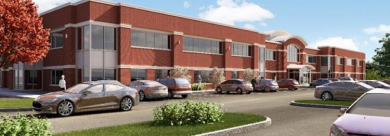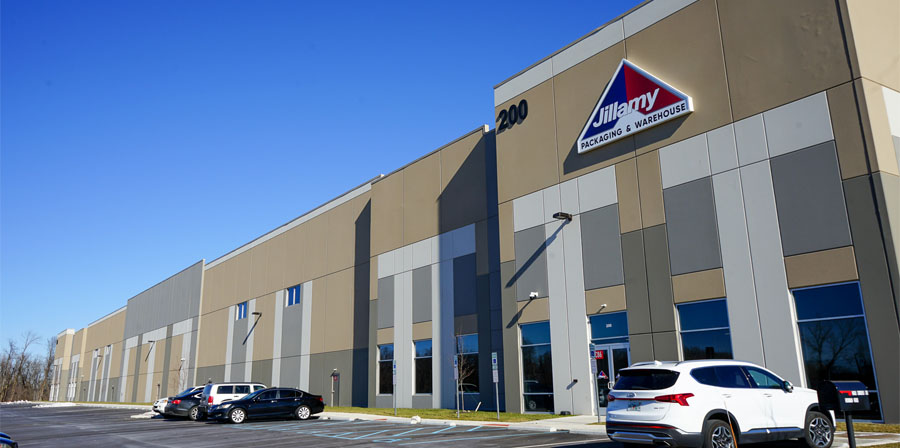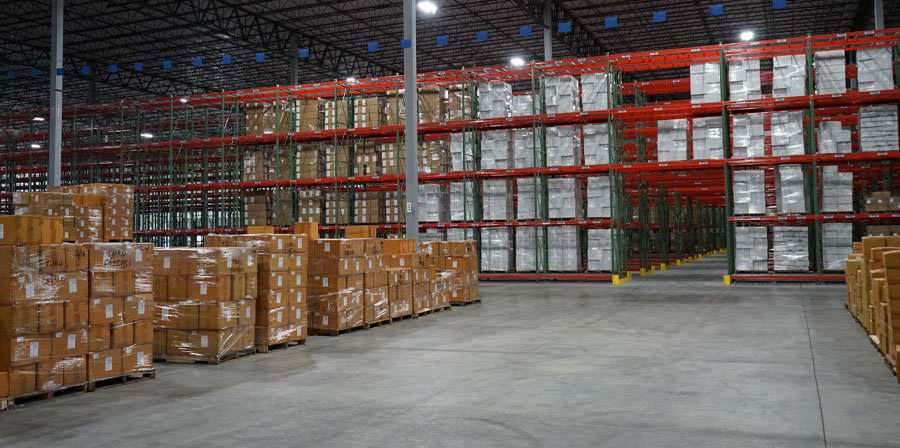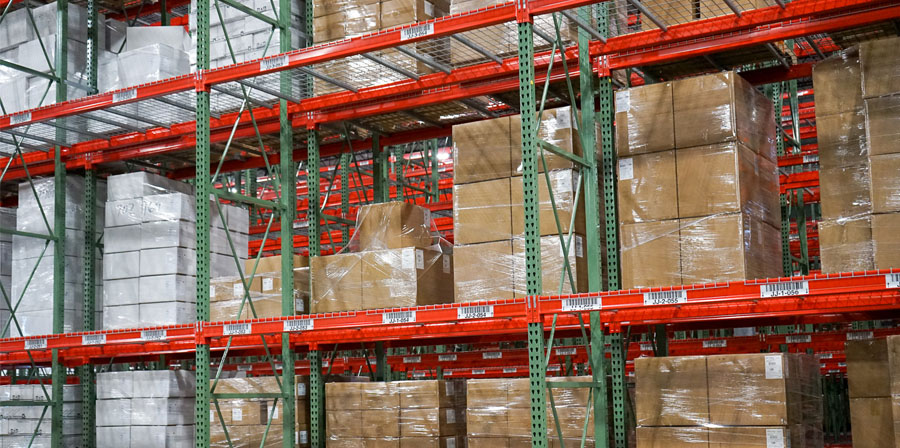Choosing the right warehouse is a critical decision for any business. It's not just about storage; it's about optimizing your entire supply chain.
The warehouse you select can significantly impact your operational efficiency, customer satisfaction, and bottom line. It's a decision that requires careful consideration of various factors.
In this comprehensive guide, we delve into the intricacies of warehouse selection. We explore the importance of location, the role of warehouse features, and the services that can enhance your operations.
We also discuss the impact of technology on inventory management and the benefits of different types of warehouses. From outdoor storage to temperature-controlled environments, we cover it all.
Whether you're a logistics manager, a business owner, or an e-commerce operator, this guide will equip you with the knowledge you need to make an informed warehouse selection decision.
The Strategic Importance of Warehouse Selection
The warehouse you choose can significantly influence your business's success. It's not just a storage facility; it's a vital component of your supply chain.
A well-chosen warehouse can reduce transportation costs, improve delivery times, and enhance customer satisfaction. It can also streamline your operations, making your business more efficient and profitable.
On the other hand, a poorly chosen warehouse can lead to increased costs, delayed deliveries, and unhappy customers. It can also create operational inefficiencies that hinder your business's growth.
In short, warehouse selection is a strategic decision that can make or break your business. It's a decision that deserves careful thought and consideration.
Evaluating Warehouse Location for Operational Efficiency
The location of your warehouse plays a crucial role in your supply chain. It can significantly impact your transportation costs, delivery times, and overall operational efficiency.
A warehouse located near your suppliers can reduce transportation costs and lead times. It can also make it easier to manage your inventory and respond to changes in demand.
On the other hand, a warehouse located near your customers can improve delivery times and customer satisfaction. It can also reduce the risk of stockouts and lost sales.
Here are some factors to consider when evaluating warehouse location:
- Proximity to suppliers and customers
- Access to major highways, ports, and airports
- Local labor market conditions
- Zoning regulations and compliance requirements
Key Warehouse Features to Consider
The features of your warehouse can greatly affect your storage and handling capabilities. They can also impact your operational efficiency and customer satisfaction.
A well-designed warehouse layout can maximize space utilization and improve workflow. It can also reduce the risk of accidents and enhance worker productivity.
Warehouse technology, such as a robust warehouse management system and barcoding, can improve inventory accuracy and order fulfillment. It can also provide real-time data that can help you make informed decisions.
Other important features to consider include warehouse access points, rail service, outdoor storage, and temperature-controlled environments. These features can enhance your operational capabilities and meet the specific needs of your goods.
In short, the features of your warehouse can make a significant difference in your operations. They deserve careful consideration in your warehouse selection process.
Warehouse Services: Enhancing Your Operational Capabilities
The services offered by a warehouse can greatly enhance your operational capabilities. They can also improve your customer satisfaction and competitive advantage.
Services such as pick and pack, packaging and kitting, labeling, and product customization can streamline your order fulfillment process. They can also provide added value to your customers and differentiate your business from competitors.
In addition, services such as cross-docking and carrier integration can reduce your storage needs and expedite your shipments. They can also streamline your shipping and receiving processes, making your operations more efficient and cost-effective.
The Role of Warehouse Technology in Modern Logistics
Warehouse technology plays a crucial role in modern logistics. It can greatly improve your operational efficiency, inventory accuracy, and order fulfillment.
A robust warehouse management system can provide real-time data and streamline your operations. It can also integrate with other business systems, enhancing cohesion and decision-making.
Warehouse barcoding can improve your tracking and managing of inventory. It can also reduce errors and enhance your order fulfillment.
Automation and robotics can enhance your warehouse efficiency and reduce labor requirements. They can also improve worker safety and productivity.
In short, warehouse technology can greatly enhance your operational capabilities. It's a key consideration in your warehouse selection process.
Inventory Management Systems: The Backbone of Warehouse Operations
Inventory management systems are the backbone of warehouse operations. They can greatly improve your inventory accuracy, order fulfillment, and customer satisfaction.
A robust inventory management system can provide real-time data on your inventory levels and movements. It can also automate your inventory processes, reducing errors and saving time.
In addition, an inventory management system can help you analyze historical data and forecast future demand. It can also help you optimize your inventory levels and reduce the risk of stockouts and overstocks.
In short, an inventory management system is a vital tool in modern warehousing. It's a key consideration in your warehouse selection process.
Warehouse Types and Storage Solutions
The type of warehouse you choose can have a significant impact on your control over operations and cost. Public, private, contract, and cooperative warehouses each offer different levels of control and cost structures.
For instance, a private warehouse gives you full control over operations but comes with high fixed costs. On the other hand, a public warehouse offers flexibility and lower costs but less control.
In addition, the type of storage solutions a warehouse offers can affect your ability to store and handle different types of goods. This includes raw material storage, finished goods storage, and specialized storage solutions.
Specialized Storage: Temperature Control, Outdoor Space, and Raw Material Handling
Specialized storage solutions can accommodate specific types of goods. For example, temperature-controlled environments are crucial for perishable or sensitive goods. Outdoor storage can accommodate oversized or overflow inventory.
Raw material storage is another important consideration, especially for manufacturers. A warehouse that can efficiently store and handle raw materials can streamline your production process and reduce costs.
In short, the type of storage solutions a warehouse offers can greatly affect your operational efficiency and cost-effectiveness. It's a key consideration in your warehouse selection process.
The Advantages of Warehouse Barcoding and Access Points
Warehouse barcoding can greatly improve your tracking and managing of inventory. It can reduce errors, enhance order fulfillment, and improve customer satisfaction.
In addition, warehouse access points can facilitate smooth logistics operations. They can improve the flow of goods in and out of the warehouse, enhancing operational efficiency and reducing costs.
In short, warehouse barcoding and access points are key features to consider in your warehouse selection process. They can greatly enhance your operational capabilities and cost-effectiveness.
Additional Considerations in Warehouse Selection
Beyond the physical features and services offered by a warehouse, there are other factors to consider. These include the local labor market conditions, security measures, sustainability practices, and zoning regulations.
For instance, the local labor market can affect your warehouse operations and staffing. A warehouse in an area with a skilled labor force can enhance your operational efficiency. On the other hand, a warehouse in an area with high labor costs can increase your operational expenses.
Security measures are also crucial. A warehouse with robust security measures can protect your assets and reduce the risk of theft or damage. Sustainability practices can enhance your corporate responsibility and appeal to environmentally conscious customers. Zoning regulations can affect your warehouse operations and compliance with local laws.
Here are some additional considerations:
- Local labor market conditions
- Security measures
- Sustainability practices
- Zoning regulations
- Rail Service and Transportation Accessibility
The availability of rail service can also affect your warehouse selection. Rail service can offer cost savings for bulk transportation. It can also reduce your reliance on trucking, which can be more expensive and less environmentally friendly.
In addition, the proximity of the warehouse to major highways, ports, and airports can enhance your transportation accessibility. It can reduce your transportation costs and improve your delivery times. In short, rail service and transportation accessibility are key considerations in your warehouse selection process.
Assessing the Need for Pick and Pack Services
Pick and pack services can enhance your e-commerce fulfillment and customer experience. They involve picking items from inventory and packing them for shipment to customers. A warehouse that offers efficient pick and pack services can streamline your order fulfillment process and enhance customer satisfaction.
However, not all businesses need pick and pack services. If your business does not involve e-commerce or direct-to-customer shipments, you may not need these services. Therefore, it's important to assess your need for pick and pack services before selecting a warehouse.
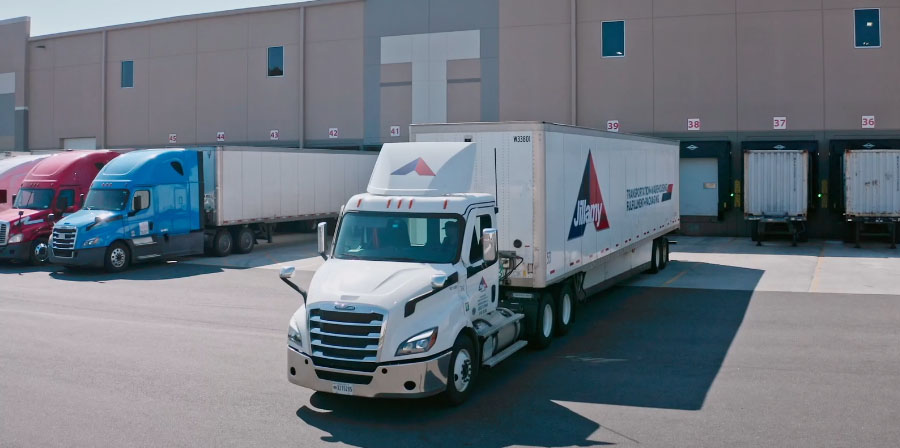
Jillamy Packaging and Warehouse: A Strategic Partner for Your Logistics Needs
When it comes to choosing a warehouse that offers both strategic location and advanced operational capabilities, Jillamy Packaging and Warehouse stands out. With multiple locations in and around Philadelphia, including facilities within 5 miles of the Port of Philadelphia, Croydon, PA, and Fairless Hills, PA, Jillamy ensures your goods are always positioned for efficient distribution.
Strategic Locations: Jillamy provides strategically located warehouses nationwide, optimizing distribution and enhancing operational efficiency for businesses across the U.S.
Proximity to Key Transport Hubs: Jillamy’s warehouses are strategically placed near major transport routes, ensuring quick access to highways, ports, and airports, which can significantly reduce transportation costs and improve delivery times.
Comprehensive Services: Jillamy provides comprehensive transportation solutions, offering tailored logistics services that ensure efficient and reliable delivery across your entire supply chain
Rail-Side Services: For businesses that rely on bulk transportation, the rail-side service offered at Jillamy’s Croydon facility provides a cost-effective and environmentally friendly shipping alternative.
Advanced Operational Capabilities: Jillamy's advanced operational capabilities feature a range of specialized services, including cross-docking, transloading, packaging, kitting, and assembly, all aimed at optimizing your supply chain.
Barcoded Warehouses: Jillamy’s warehouses are equipped with barcoding technology, which enhances inventory management, improves order accuracy, and streamlines operations.
High-Capacity Facilities: With over 30 doors for loading and unloading at both the Fairless Hills and Croydon locations, Jillamy can efficiently handle high volumes of goods, ensuring quick turnaround times.
Whether you need reliable warehouse storage, efficient handling, or specialized services like temperature control or outdoor storage, Jillamy Packaging and Warehouse has the resources and expertise to meet your needs. Our strategic locations and comprehensive service offerings make them an ideal partner for businesses looking to enhance their logistics operations.
Conclusion: Making an Informed Warehouse Selection Decision
In conclusion, warehouse selection is a complex process that requires careful consideration of various factors. These include the warehouse's location, features, services offered, technology, and type, among others. By understanding these factors and how they align with your business needs, you can make an informed decision that optimizes your supply chain and enhances your customer experience.
Remember, the right warehouse can significantly impact your operational efficiency, cost-effectiveness, and customer satisfaction. Therefore, take the time to conduct a thorough evaluation and make a strategic warehouse selection decision that supports your business growth and success.
If you’re considering your warehouse options, reach out to Jillamy. Our team of experts is here to help you find the ideal warehouse solution tailored to your needs. Contact us to explore how we can assist in optimizing your supply chain and supporting your business growth.

